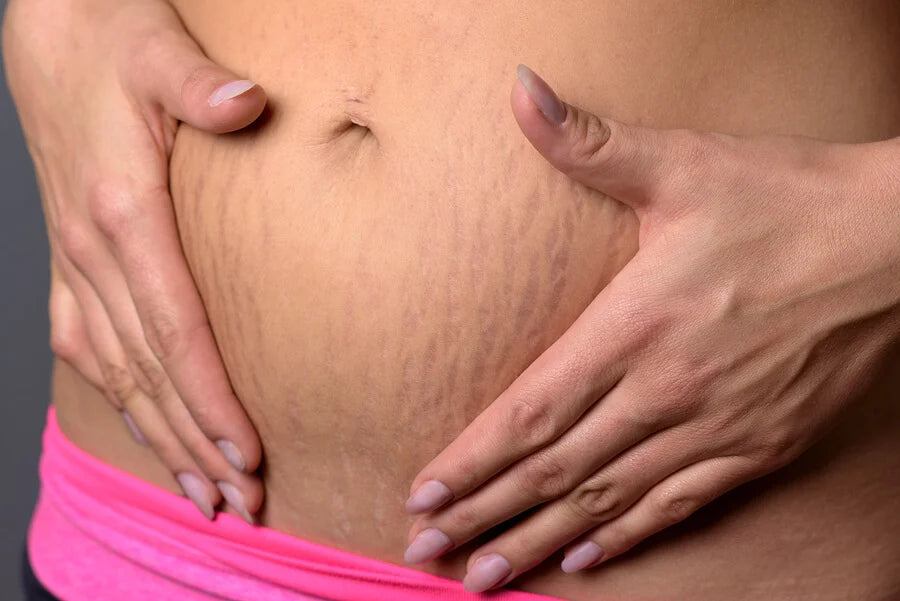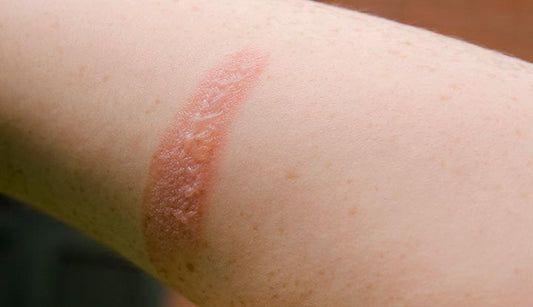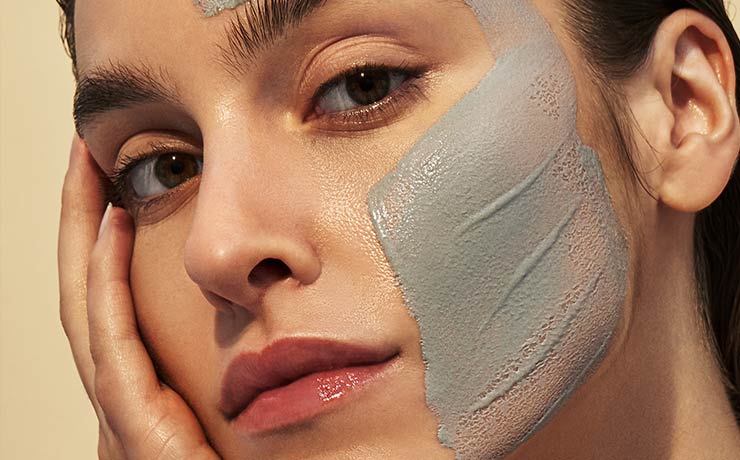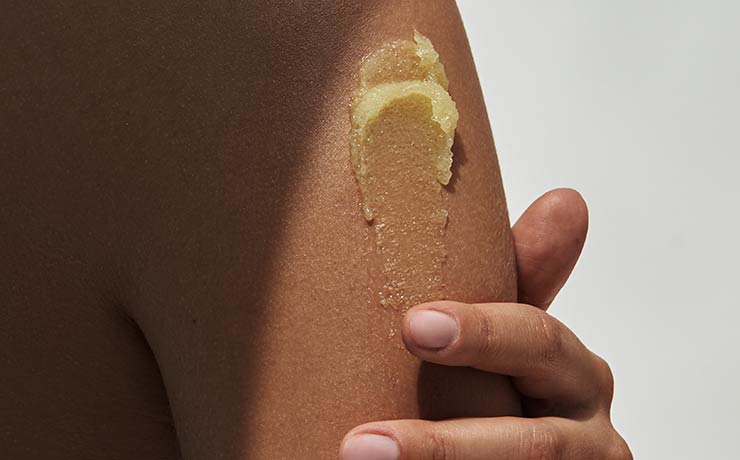Prevention and Treatment of Stretch Marks During and After Pregnancy
Pregnancy is a wonderful and exciting time in a woman's life, but it can also bring some unwanted changes like stretch marks. Are these marks inevitable or are there ways to prevent them? In this article, we will cover everything you need to know about stretch marks in pregnancy.
What are stretch marks?
Stretch marks are long, thin scars that appear when the skin is stretched rapidly. They are usually red or purple at first, before fading to silvery white over time.
Causes of stretch marks
Stretch marks can be caused by a number of factors, including rapid weight gain, growth during puberty, and certain medical conditions. However, they are particularly common during pregnancy.
2.2 Stretch marks and pregnancy
During pregnancy, your body grows at a rapid rate, and the skin needs to stretch to accommodate this growth. This can sometimes lead to the formation of stretch marks, especially on the abdomen, breasts, hips, and thighs.
How to prevent stretch marks during pregnancy?
Although stretch mark prevention cannot be guaranteed, there are certain things you can do to minimize your chances of developing them.
Keep your skin hydrated
Keep your skin as hydrated as possible. Apply a nutrient-rich moisturizer every day, especially to areas where stretch marks are most likely.
Maintain a healthy diet
A diet rich in vitamin C, vitamin D, vitamin E, zinc, and protein can help keep your skin healthy and elastic.
Maintain healthy weight gain
A gradual and steady weight gain during pregnancy can reduce the risk of stretch marks. Consult your doctor about how much weight you should gain.
exercise regularly
Exercise can help keep your skin elastic and improve your circulation, which can prevent stretch marks.
How to treat stretch marks after pregnancy?
If you have developed stretch marks during pregnancy, there are several treatment options available.
Creams and lotions for stretch marks
There are many creams and lotions on the market that promise to reduce the appearance of stretch marks. Some of them can be effective, especially if applied early.
Medical treatments for stretch marks
There are medical treatments available for stretch marks, such as microdermabrasion, laser therapy, and intense pulsed light therapy. Consult your dermatologist to explore these options.
home remedies for stretch marks
Some home remedies, such as coconut oil and aloe vera, can also help reduce the appearance of stretch marks.
conclusions
Stretch marks are a common part of pregnancy for many women. While you may not be able to completely prevent them, there are ways to reduce your risk and treat them if they do appear.
Frequent questions
Is it possible to completely prevent stretch marks during pregnancy?
There is no absolute guarantee that stretch marks during pregnancy can be completely prevented. The formation of stretch marks can depend on several factors, such as genetics and the rate of weight gain. However, following prevention tips can help minimize the risk.
Will stretch marks go away on their own after pregnancy?
Stretch marks do not completely go away on their own after pregnancy. However, over time, they usually fade and become less noticeable. There are treatments and home remedies that can help improve the appearance of stretch marks.
When is the best time to start treating stretch marks after pregnancy?
The best time to start treating stretch marks is as soon as they appear. In the early stages, when they are red or purple, stretch marks are easier to treat. However, it is important to remember that it is always best to consult a health professional before starting any treatment.
Do home remedies for stretch marks really work?
Some home remedies can help improve the appearance of stretch marks. For example, coconut oil and aloe vera have been shown to moisturize the skin and can reduce the appearance of stretch marks. However, these remedies may not be as effective as medical treatments.
What types of creams or lotions are most effective in treating stretch marks?
There are a variety of creams and lotions available that can help improve the appearance of stretch marks. Those that contain ingredients like retinol, vitamin C, vitamin E, and hyaluronic acid are often the most effective. However, it's important to remember that not all creams will work the same for everyone, and what works best for you may depend on your skin type and the severity of your stretch marks.

























































































































